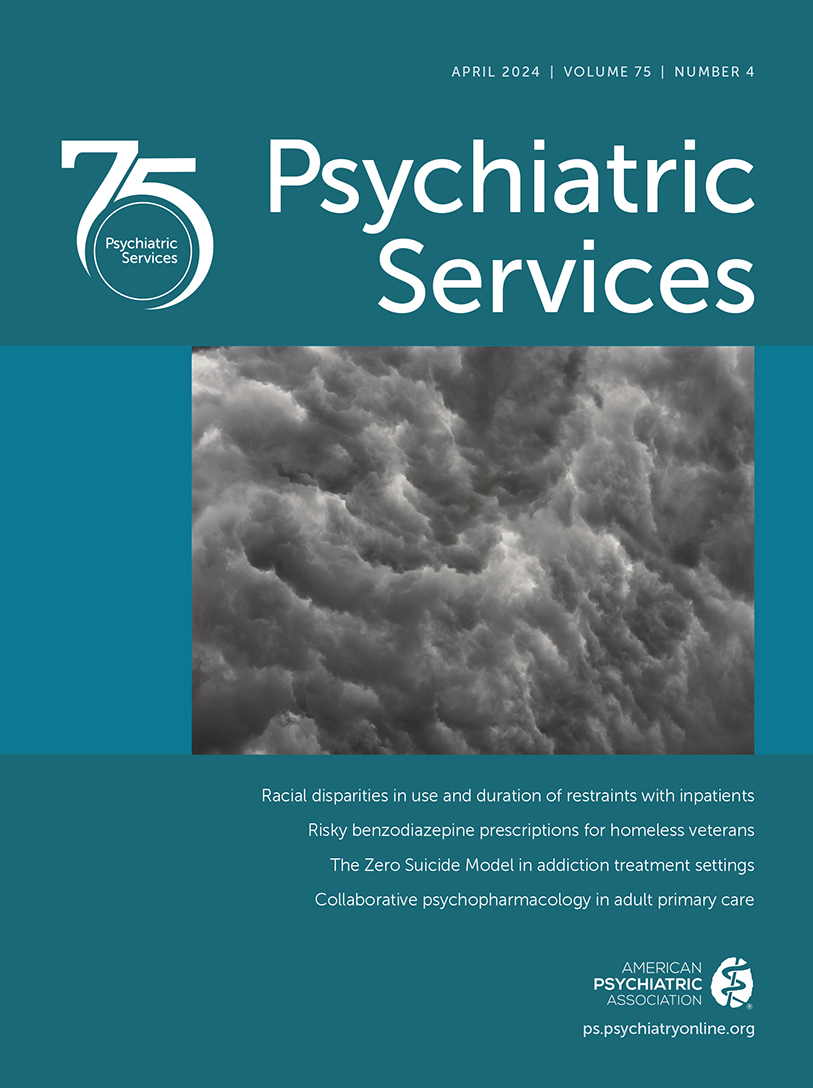Creation of a Psychotic Disorders Research Advisory Board as a Shared Resource
Abstract
Community engagement is important for research, yet many researchers do not routinely seek feedback from people with lived experience. A key barrier to this engagement is that the resources required to create an advisory board may be unavailable to individual investigators, and creating an advisory board for a single study may often be impractical. In this column, the authors describe how to create a standing research advisory board that can serve as a shared resource for researchers and community members and provide a psychosis research advisory board example to aid discussion.
Access content
To read the fulltext, please use one of the options below to sign in or purchase access.- Personal login
- Institutional Login
- Sign in via OpenAthens
- Register for access
-
Please login/register if you wish to pair your device and check access availability.
Not a subscriber?
PsychiatryOnline subscription options offer access to the DSM-5 library, books, journals, CME, and patient resources. This all-in-one virtual library provides psychiatrists and mental health professionals with key resources for diagnosis, treatment, research, and professional development.
Need more help? PsychiatryOnline Customer Service may be reached by emailing [email protected] or by calling 800-368-5777 (in the U.S.) or 703-907-7322 (outside the U.S.).



